Netflix’s ‘The Railway Men’ presents a dramatized unraveling of the real-life events that took place in Bhopal on the tragic night of December 2, 1984. Focusing on the Bhopal Junction Railway Station, the show builds a narrative about the bravery and heroism of regular men, such as Iftekaar Siddiqui and Rati Pandey. In the midst of a truly trying time, these railway workers, bound only by their sense of morals and duty, became instrumental in delegating indispensable help to the city, ravaged by a toxic gas leak.
In its depiction of the same, the show chronicles the reality that several real-life heroes endured, including Stationmasters, railway employees, and other Bhopal residents, who eventually went on to become the basis for several characters. As such, an air of intrigue surrounds these people, compelling viewers to wonder where they might be on the current date.
Kumawat: Where Is Rajkumar Keswani?
Rajkumar Keswani is the primary source of inspiration for Kumawat, his on-screen counterpart on ‘The Railway Men.’ Keswani was the first journalist to have reported the unsafe working conditions within the Union Carbide Factory, which handled precarious chemicals regularly. In several articles warning against a potential disaster waiting to happen, the reporter described several accidents involving the Union Carbide factory workers. However, the general public and authority figures, including Arjun Singh, a former Madhya Pradesh Chief Minister, ignored the journalists’ forecasts.
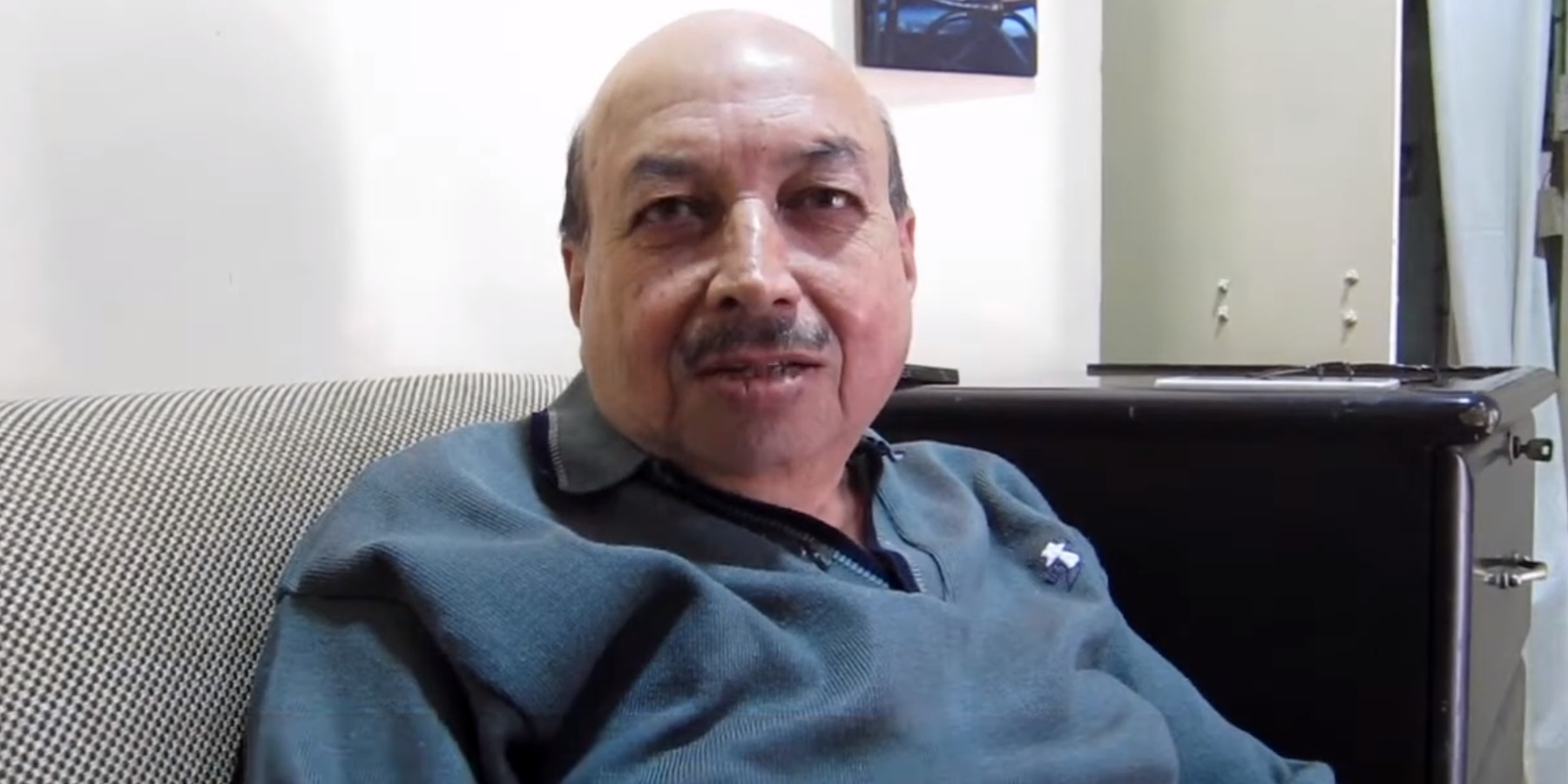
When tragedy struck Bhopal on the night of December 2 and 3 of 1984, Keswani was present at the Hamidia Hospital, where he learned about the experiences of the victims as the disaster was unfolding in real time. As such, after the night’s horrific events, Keswani became an essential source of information on the gas leak and Union Carbide’s involvement in it. In the aftermath of the events, Keswani stood with the victims, advocating for their rights.
Of the people who challenged the Bhopal Gas Leak Disaster (Processing of Claims) Act of 1985, Keswani was the first to sign the petition. Eventually, in 1985, at the age of 35, the man became the youngest recipient of the B.D. Goenka Award for Excellence in Journalism. Furthermore, the man received several other accolades, including the 2008 Madhav Rao Sapre Puraskar and the 2010 Madhav Rao Sapre Puraskar.
Unfortunately, the COVID-19 pandemic marked a difficult time in Keswani’s life when, at 72, he tested positive for the virus on April 8. 2021. Even though he recovered on April 20, the man had to receive crucial medical help shortly after for lung disease. Ultimately, on May 21, 2021, the reporter was announced dead, leaving his wife and son to carry on his legacy.
Iftekaar Siddiqui: Where Is Ghulam Dastagir Now?
In 1984, the deputy stationmaster at Bhopal railway station, Ghulam Dastagir, played an instrumental role in minimizing the death toll that followed after the Union Carbide gas leak past midnight on December 3. The man’s quick thinking and willingness to take action saved the lives of more than a thousand people after he ensured the Gorakhpur-Mumbai Express arriving at Bhopal’s toxic platform passed through without any wait.
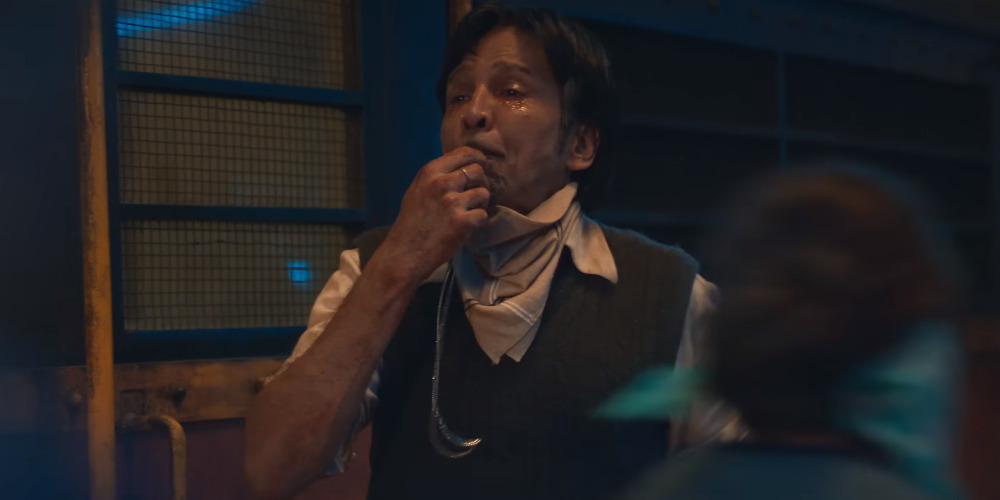
Since the action ended up putting the train fifteen to twenty minutes ahead of schedule, Dastagir took full responsibility, knowing that he needed to take quick action at the moment. The stationmaster took charge and sent multiple emergency help calls to nearby stations, which resulted in the timely arrival of medical assistance for the survivors.
Following the incident, Dastagir spent most of his time in the hospitals, where he received treatment for exposure to toxic fumes, a side effect of his presence at the station in Bhopal on the dreadful night. Likewise, his family, wife, Fehmida, and kids also dealt with the gas leak’s awful aftermath, with one of the four sons passing away and another developing a skin infection.
Dastagir died in 2003. According to his wife, his heroic actions have gone unrecognized by the government, with the railway bestowing no reward upon the man for his commendable actions. In the present day, Dastagir’s family has decided to sue Yash Raj Films for their portrayal of Ghulam Dastagir through Iftekaar Siddiqui’s character without consultation from the former’s family.
Iftekaar Siddiqui: Where Is Madan Gopal Parashar Now?
Madan Gopal Parashar, an Assistant stationmaster at the Bhopal Station, served as another inspiration for Iftekaar Siddiqui’s character in ‘The Railway Men.’ The real-life Stationmaster played an instrumental role in saving the lives of thousands after his natural instincts and quick decision-making led him to order the Kushinagar Express at his platform to go on.
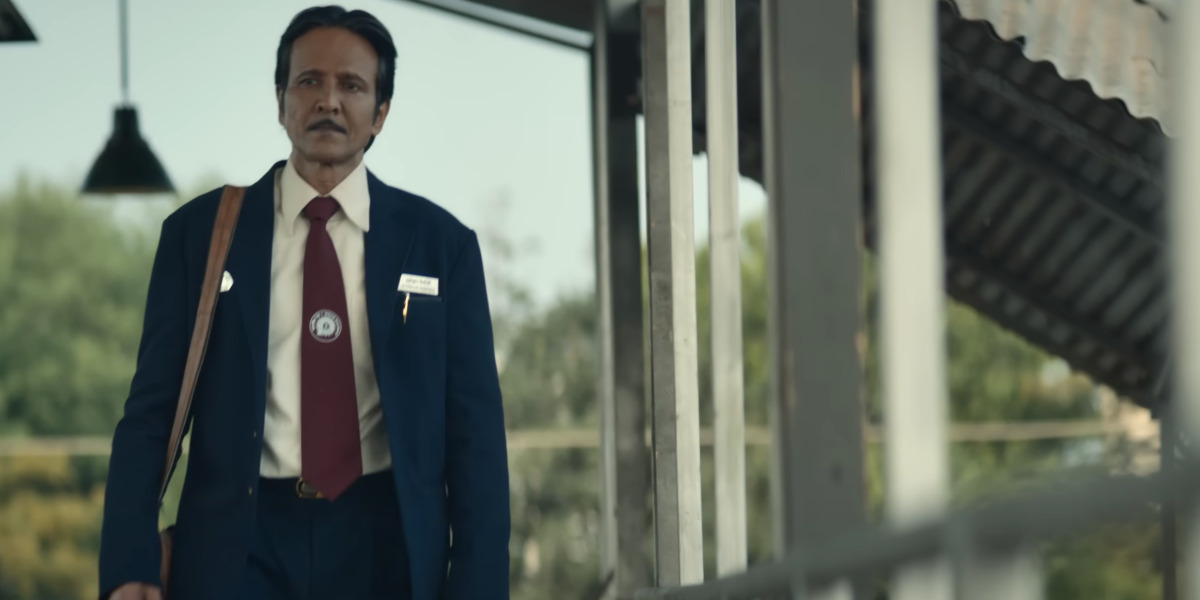
Afterward, Parashar passed out from the overwhelming chemicals in the night air and awoke hours later. Four victims were lying on top of the man, whom others had considered dead as well, having fixed a toe tag upon his leg. Although the man survived the night, he has been out of the public eye in the years that followed, emerging briefly in 2000 for an official deposition against Union Carbide in a criminal case. However, since little else is known about the man, there are no current updates about his life.
Mohammed Ansari’s Widow: Where Is Sajida Bano Now?
Although Mohammed Ansari and his family occupy a minor role in the show in terms of screen time, their characters remain crucial to the plot’s progression. Thus, it’s no surprise that their stories have a direct basis in reality. Within the show, Ansari is one of the first victims of Union Carbide’s unsafe workplace practices. The man died due to complications born of overexposure to toxic fumes, including methyl isocyanate, better known as MIC. As Ansari left behind his wife and kids, his real-life inspiration, Ashraf Khan, was also survived in memory by his wife, Sajida Bano, and kids.

After Ashraf Khan’s death, Union Carbide India Ltd compensated his widow, Bano, through a one-time payment of ₹50,000, an amount considered a “pittance” by eNewsroom India. In fact, the woman also felt cheated by the low amount, her lack of consultation on the matter, and the decision’s finality. Furthermore, the company continued to deny the woman access to her husband’s autopsy, preventing her from learning details about Khan’s death.
On the night of December 2, infringing on December 3, Bano traveled from Kanpur to Bhopal, unbeknownst to the latter city’s lethal toxicity. As a result, her eldest son passed away, and the younger developed learning disabilities. Years after the event, Bano went on to complete her graduation and worked at a local college as an office assistant. Nevertheless, in 2019, both the mother and her son passed away.
Warren Anderson: Where Is He Now?
Perhaps one of the only faces depicted in ‘The Railway Men’ without the cover of a fictionalized character, Warren Anderson, was the CEO of Union Carbide. After the company’s Bhopal factory’s gas leak, India’s CBI charged the American businessman with manslaughter and other serious offenses. While the man saw a house arrest upon his arrival at Bhopal four days after the incident, he saw an equally swift bond release. As such, with permission to leave the country, the man left and failed to return and face charges.
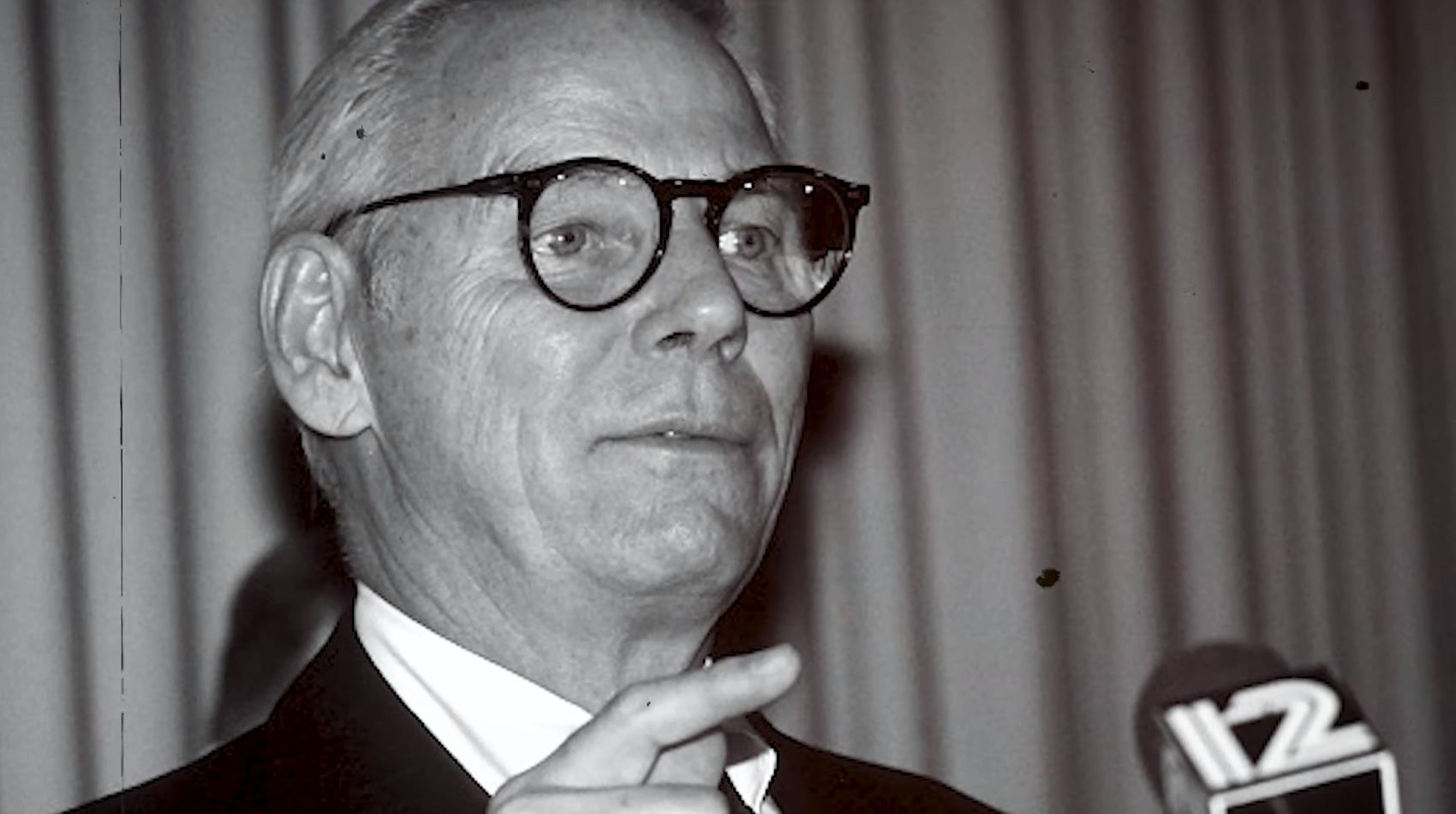
Yet, Anderson spoke about the tragic events in Bhopal in the following months and said, “You wake up in the morning thinking, can it have occurred? And then you know it has, and you know it’s something you’re going to have to struggle with for a long time.” In the end, the government attempted to have Anderson extradited. Nonetheless, their requests remained in vain, and the man remained a fugitive of Indian law.
Two years after the Bhopal Tragedy, Anderson retired from Union Carbide and continued his life in bliss with his wife, Lillian Anderson. On September 29, 2014, at 92, the man passed away in a nursing home in Vero Beach, Florida. Following news of the same, welfare organizations for the 1984 Bhopal Gas Tragedy released a joint statement that read, “Due to the protection offered by the US government and deliberate negligence of Indian government in bringing Anderson to justice, the world’s worst corporate criminal died unpunished.”
Read More: Loved The Railway Men? Here Are 8 Similar Shows You Will Also Like

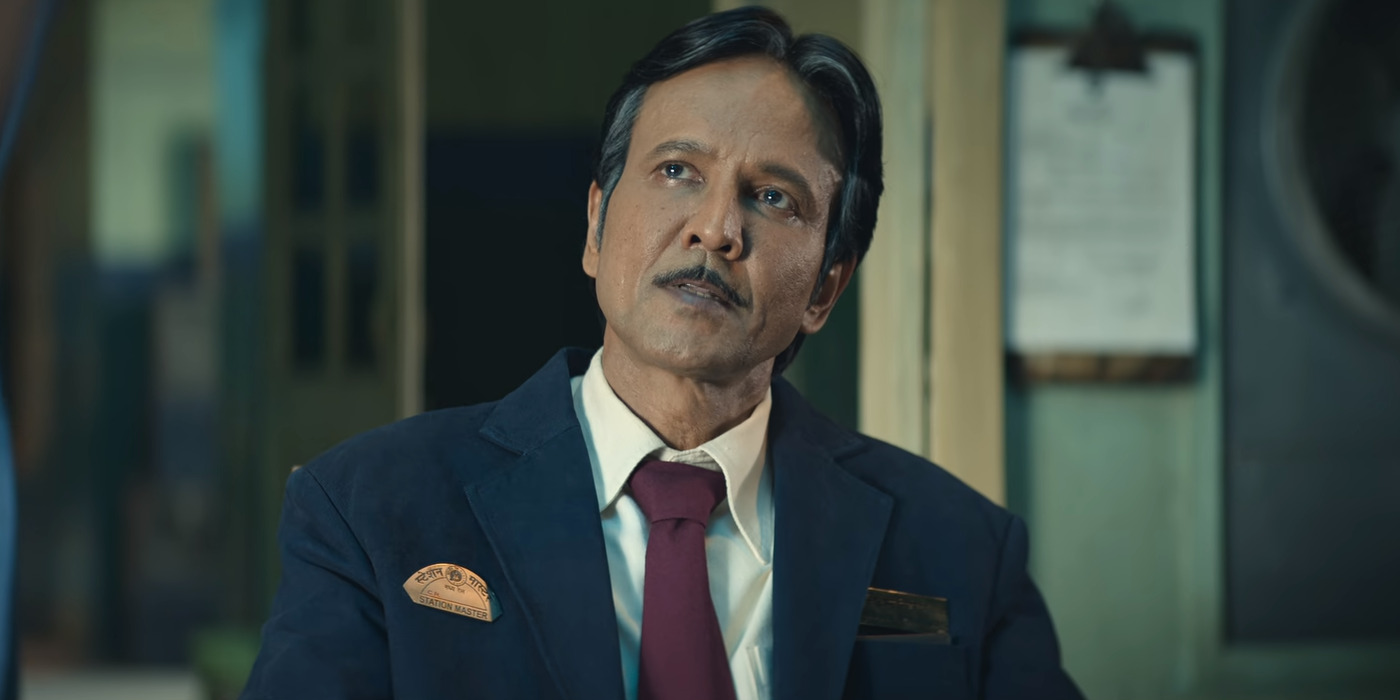
You must be logged in to post a comment.